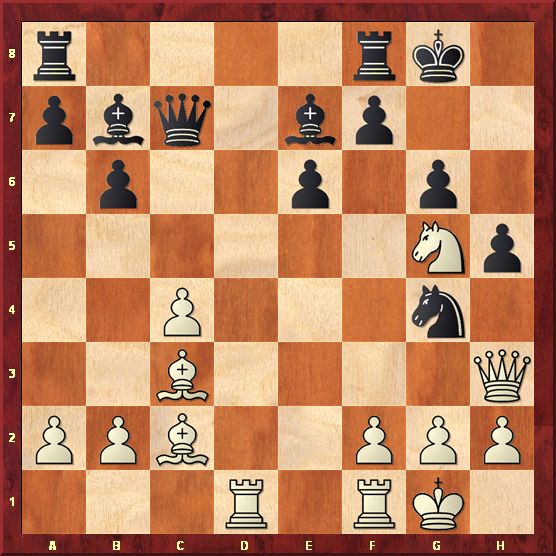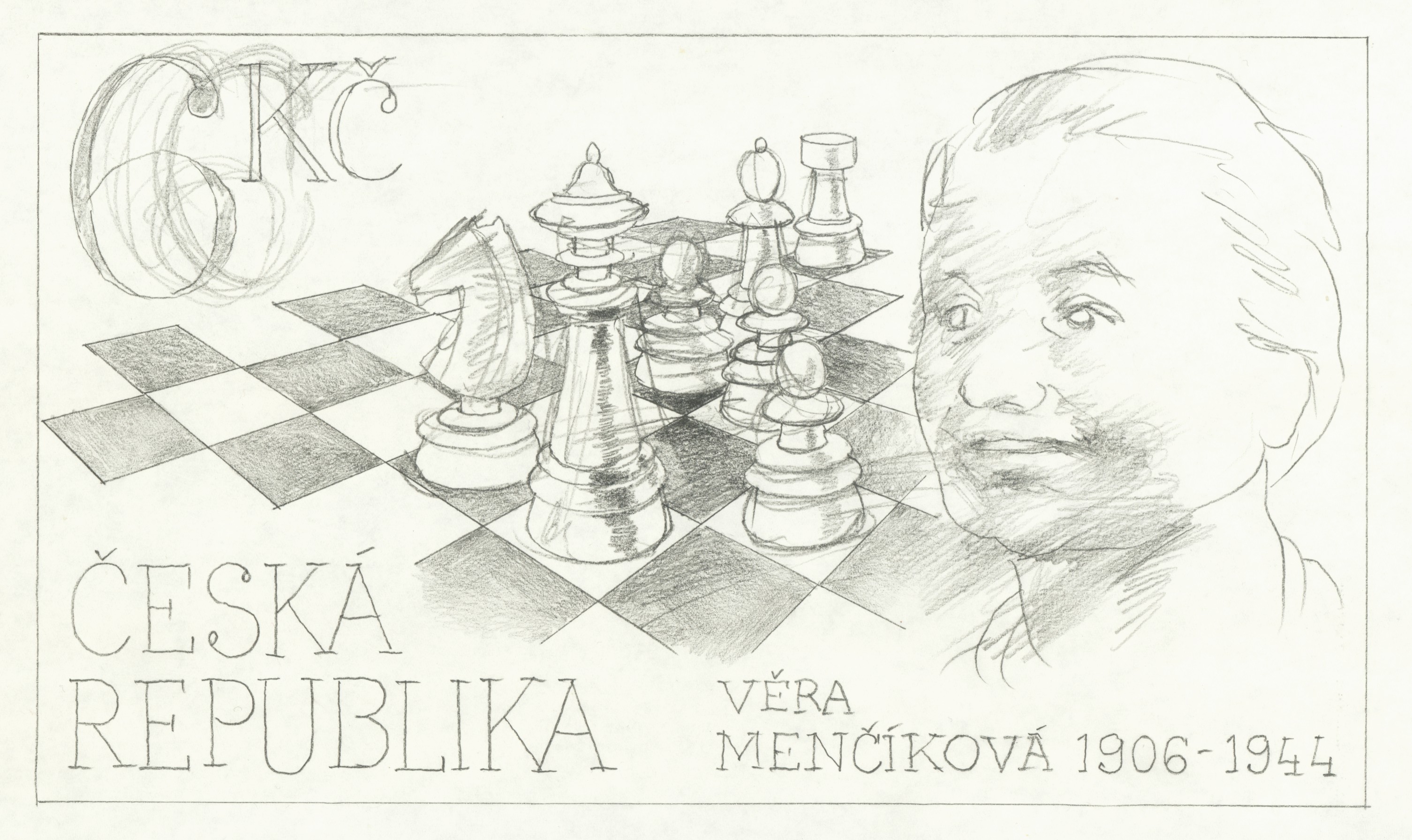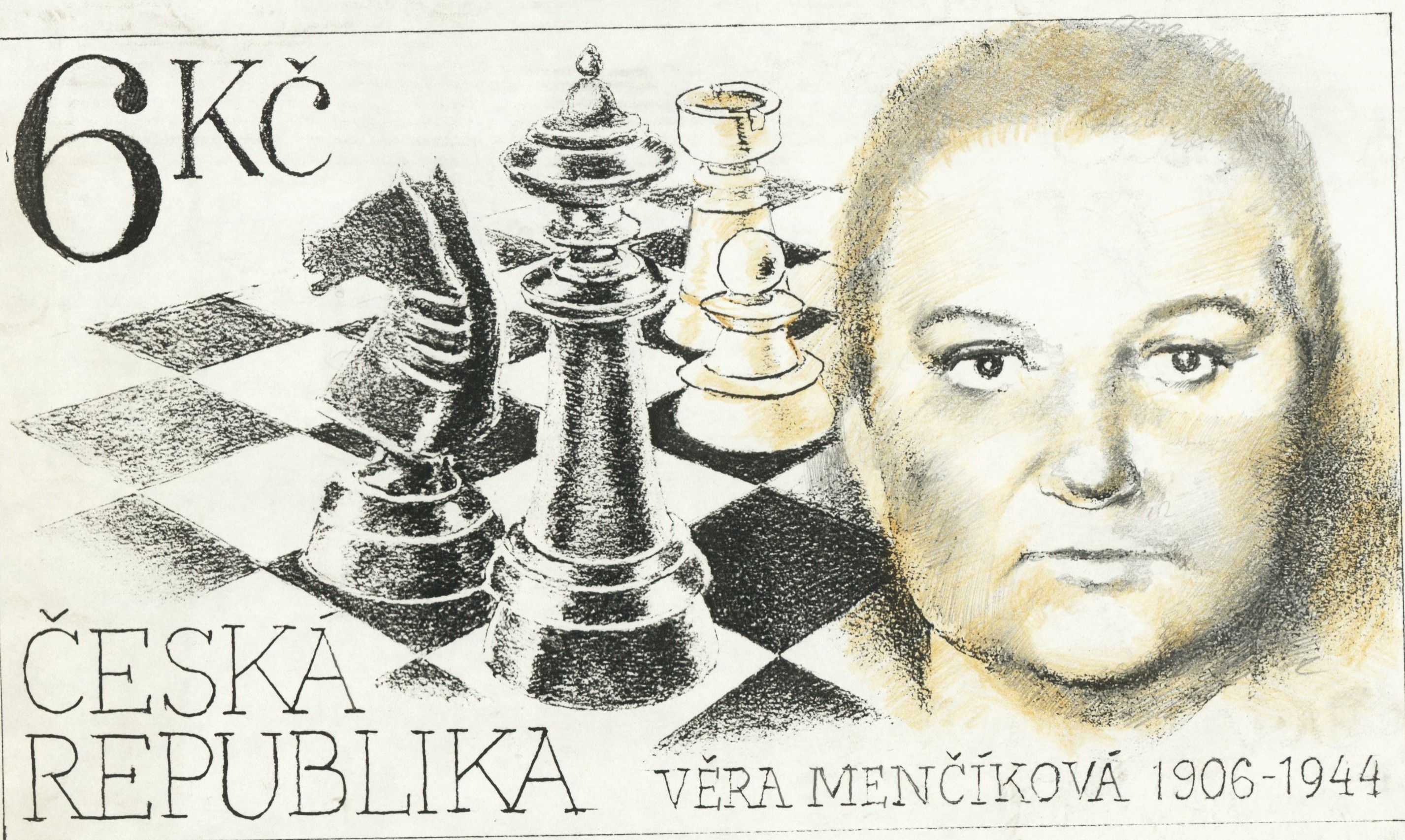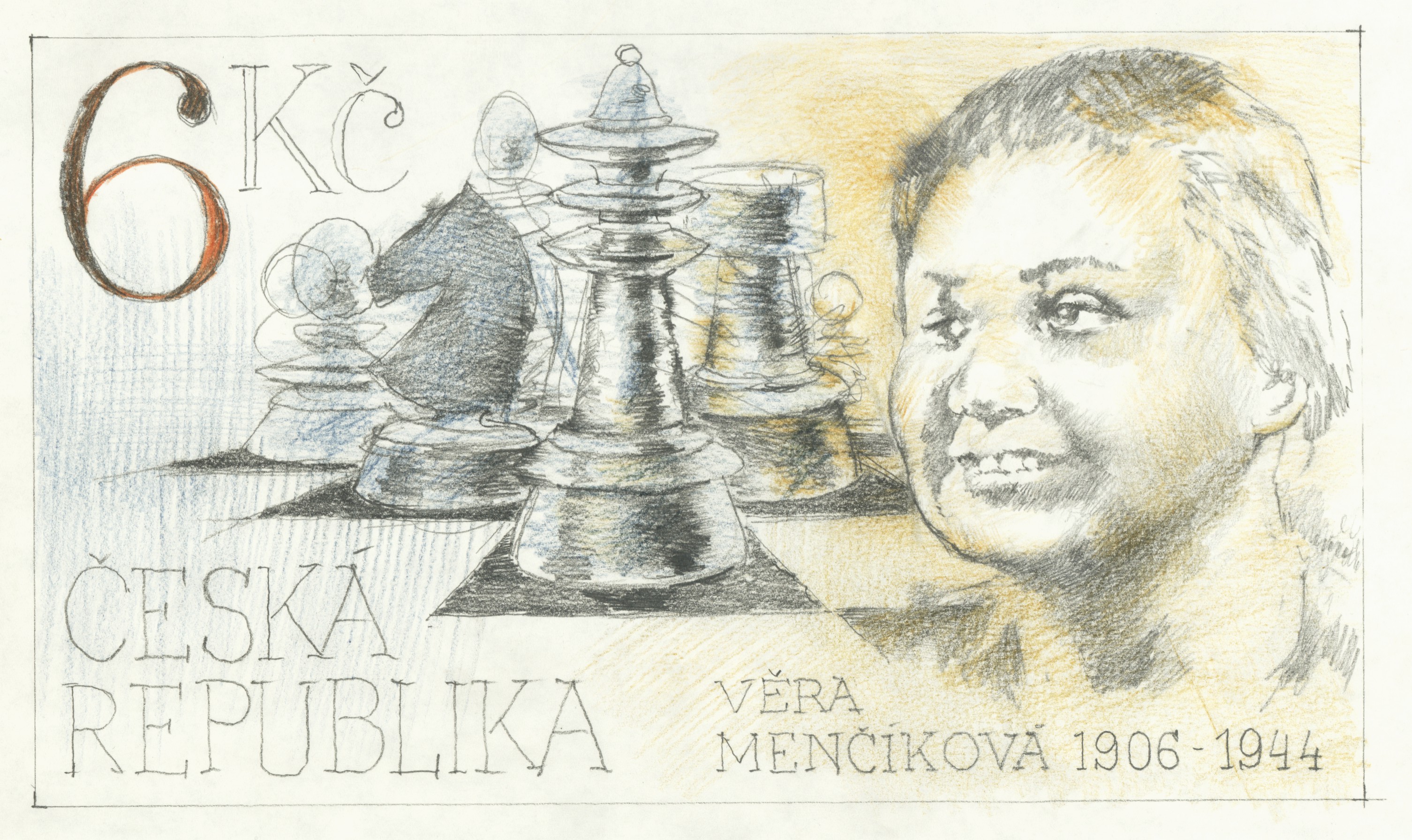The suggestion was made that I give a little talk to the monks of Christ in the Desert, a Benedictine monastery outside of Abiqui, New Mexico. I thought I would offer a few words in defense of the monastic life, not that such an ancient and venerable tradition needs any defense from me, but just to clarify my own thoughts and perhaps help others clarify theirs either by way of agreement or disagreement with mine. I will attempt three things. I will first list some convictions I hold to be of the essence of religion. Then I will suggest that the monastic path is an excellent way to implement these convictions. Finally I will ask myself why I am not a monk.
The Essence of Religion
There is much more to a religion than its beliefs and doctrines; there are also its practices. The practices, however, are informed and guided by certain central convictions whose importance cannot be denied. Religion is not practice alone. Now it is not easy to define religion, and it may be impossible. (Religion may be a family-resemblance concept in Wittgenstein's sense.) In any case I will not attempt to define religion by specifying necessary and sufficient conditions of the concept's application. But as I see it, most of the following are essential (necessary) to anything that deserves to be called a religion, and all of them are essential to Christianity. What I offer is a characterization, not a definition.
1. In first place, and not just in the order of exposition, is the belief that there is what William James calls an "unseen order." (Varieties of Religious Experience, p. 53) This is a realm of absolute reality that lies beyond the perception of the five outer senses and their instrumental extensions. It is also inaccessible to inner sense or introspection. It is also not a realm of mere abstracta or thought-contents. So it lies beyond the discursive intellect, as it does beyond the senses. One can reason about it, and reason to it, but one cannot access it directly via the discursive intellect. It is accessible from our side via mystical and religious experience. An initiative from its side is not to be ruled out in the form of revelation.
Compare the first item in Simone Weil's Profession of Faith: "There is a reality outside the world, that is to say, outside space and time, outside man's mental universe, outside any sphere whatsoever that is accessible to human faculties."
2. The belief that there is a supreme good for humans and that "our supreme good lies in harmoniously adjusting ourselves" to the "unseen order." (Varieties, p. 53) The Unseen Order is thus not merely a realm of absolute reality, but also one of absolute value and an object of our highest and purest desire.
Compare the second item in Weil's profession: "Corresponding to this reality, at the centre of the human heart, is the longing for an absolute good, a longing which is always there and is never appeased by any object in this world."
3. The conviction that we are morally deficient, and that this deficiency impedes our adjustment to the Unseen Order. Man is in some some sense fallen from the moral height at which he would have ready access to the Order which alone is the source of his ultimate happiness and final good. His moral corruption, however it came about, has noetic consequences. That is, our ability to know the saving truth has been impaired by our moral deficiency.
4. The conviction that our moral deficiency cannot be made sufficiently good by our own efforts to afford us ready, or perhaps any, access to the Unseen Order. Proximately, we need the help of others; ultimately, we need help from the Unseen Order.
5. The conviction that adjustment to the Unseen Order requires moral purification/transformation.
6. The conviction that help from the side of the Unseen Order is available to bring about this purification and adjustment.
7. The conviction that the sensible order, while not unreal, is not plenary in point of reality or value, that it is ontologically and axiologically derivative, and as derivative defective. It is a manifestation or emanation or creation of the Unseen Order.
Each of these seven convictions is an element in my personal credo. Can I prove them? Of course not. But then nothing of a substantive nature in philosophy, theology, or any controversial field, can be proven. But each of the above convictions is rationally defensible. So while not provable, they are not matters of mere faith either. They can be argued for, their negations are rationally rejectable, and there are experiences that vouch for them. (See Religious Belief and What Inclines Me to It.)
The Monastic Path
I will now suggest that the monastic life is perhaps the best way to realize existentially the above convictions, but also to have the sorts of experiences that tend to provide evidence for the convictions. One lives the convictions, and by living them is granted experiences and intimations that validate the convictions.
Let us suppose that you accept all or most of the above seven propositions, in their spirit if not in their letter, and that you also share with me the meta-conviction that these first-order convictions are to be lived (existentially realized, realized in one's Existenz) and not merely thought about or talked about or argued over.
Then it makes sense to go into the desert. The negative reason is to escape the manifold distractions of the world which keep one scattered and enslaved to the ephemeral, while the positive reason is to live a life focused on the the absolute and unchanging Source of all reality and value. The entrance into the monastery signals that one is truly convinced of the reality of the unseen (#1), it supreme value for us and our happiness (#2) and the relative unreality and insignificance of this world of time and change and vain ambition (#7).
To live such a focused existence, however, requires discipline. We have a fallen nature in at least two senses. First, we are as if fallen from a higher state. Second, we are ever falling against the objects of our world and losing ourselves in them, becoming absorbed in them. (Compare Heidegger's Verfallenheit, fallingness.) Here we find the ontological root of such sins of the flesh as avarice, gluttony, and lust. Given our fallen and falling nature, a monastic institution can provide the moral discipline and guidance that might be difficult if not impossible to secure on the outside, especially in a secularized and sex-saturated society such as ours has become. The weight of concupiscence is heavy and it drags us down. We are sexual beings naturally, and oversexualized beings socially, and so we are largely unable to control our drives to the extent necessary to develop spiritual sight. The thrust of desire confers final reality upon the sensuous while occluding one's spiritual sight. Sensuous desire, especially inordinate sensuous desire, realizes the things of the senses while de-realizing the things of the spirit.
Here, as I see it, is the main reason for sexual continence. We are not continent because we are undersexed, or prudes, or anti-natalists, or despisers of matter. (Certainly no Christian could despise the material world, and a Christian such as Kierkegaard who at the end of his life waxed anti-natalist veered off into a personal idiosyncrasy.) The continence of the loins subserves the continence of the mind and heart which in turn are probably necessary, though certainly not sufficient, for a Glimpse of spiritual realities. (I say 'probably necessary' because divine grace may grant sight to the committed worldling nolens volens.)
And then there is the great problem of suggestibility. We are highly sensitive and responsive to social suggestions as to what is real and important and what is not. In a society awash with secular suggestions, people find it hard to take religion seriously. Here is another reason why a community of the like-minded may be necessary for most spiritual seekers. They provide reinforcement and the requisite counter-suggestions. (It is worth noting that if cults can 'brainwash' their members, whole societies can go off the rails and brainwash their members.)
Why Am I not a Monk?
"If you think so highly of the monastic life, what are you doing on the outside?"
A fair question deserving a straight answer. I didn't come to religion; I was brought up Roman Catholic by a pious Italian mother and pre-Vatican II nuns and priests. But I had a religious nature, so the training 'took.' But I also had a strong intellectual bent and was inclined philosophically from an early age. So I couldn't avoid asking, and not just intellectually, but existentially as well: how much of this is true and how do I know? The ferment of the 1960s only intensified my cognitive dissonance as the religious upbringing clashed on the one side with my philosophical questioning, and on the other with the secular and counter-cultural suggestions of the 'sixties. I remember in 1965 listening intently to the words of Bob Dylan's Gates of Eden and trying to discern its compatibility, if any, with Catholic teaching. (By the way, attending a Dylan concert in those days was like going to church: the audience remained dead quiet, hanging on every word.)
So philosophy took over the role in the pious youth's life that religion had played. That kept me away from any conventional religious vocation. And so it kept me out of the monastery. For one cannot join a monastery in general; it must be either Roman Catholic or Eastern Orthodox or Buddhist or whatever, and to do that in good faith and with a clear intellectual conscience one must accept the central doctrinal content of those religions. But that content was exactly what to my mind needed examination. Athens at that point got the upper hand over Jerusalem. So why am I not a monk? Because of Athens.
But now, as I approach the end of the trail, I see ever more clearly the vanity of any philosophy that does not complete itself in something beyond it. But what? The empty discursivity of reason needs to be filled and completed by a direct spiritual seeing. Concepts without intuitions are empty. (Kant) So philosophy needs completion by mystical intuition, but this is rare and sporadic and fragmentary here below, mere Glimpses; to sustain us in the between times we need faith grounded in revelation.





